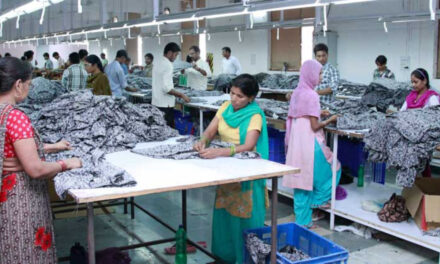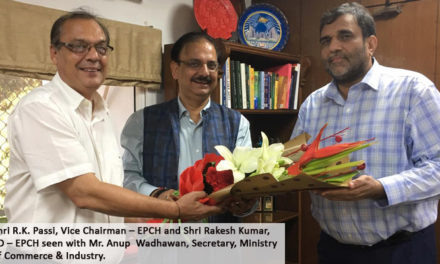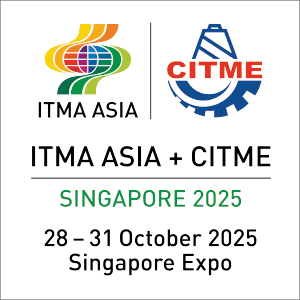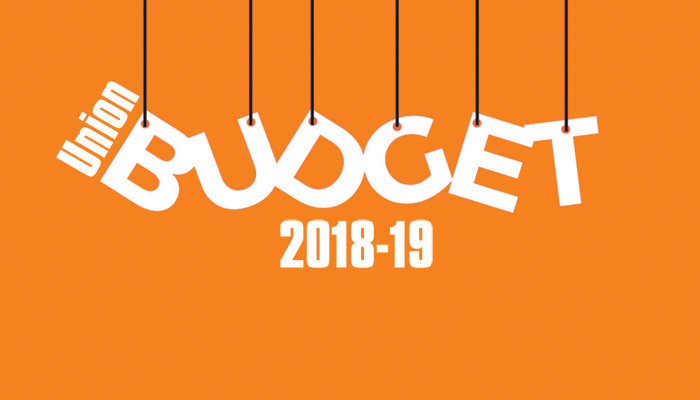The latest edition of Economic Outlook Survey by the Federation of Indian Chambers of Commerce and Industry (FICCI) has projected a 7.1 per cent annual median gross domestic product (GDP) growth for 2019-20, while the estimate for fiscal 2020-21 is 7.2 per cent. The minimum and maximum growth estimate stood at 6.8 per cent and 7.3 per cent respectively for 2019-20. The survey was conducted in May covering economists from the industry, banking and financial services sector.
The median growth forecast for agriculture and allied activities has been put at 3.0 per cent for 2019-20. Industry and services sector are expected to grow by 6.9 per cent and 8.0 per cent respectively during the year. Further, the quarterly median forecasts indicate a GDP growth of 6.5 per cent in the fourth quarter of 2018-19. The median growth forecast for the index of industrial production (IIP) has been put at 4.4 per cent for 2019-20 by the participating economists, with a minimum and maximum range of 3.3 per cent and 5.5 per cent respectively.
The outlook of participating economists on inflation remained moderate. Wholesale price index (WPI)-based inflation rate is projected at 3.1 per cent in 2019-20, with a minimum and maximum range of 2.1 per cent and 4.0 per cent respectively. On the contrary, consumer price index (CPI)-based inflation has a median forecast of 4 per cent for 2019-20, with a minimum and maximum range of 3.5 per cent and 4.1 per cent respectively.
Concerns remain on external front with median current account deficit forecast pegged at 2.1 per cent of GDP for 2019-20. Median export growth is pegged at 4.0 per cent in 2019-20. Imports, on the other hand, are forecasted to grow at 3.8 per cent in the same year. Participating economists unanimously felt less sanguine about the export sector’s outlook in the current year. Escalation in trade war tensions has clouded the global trade growth outlook. This is having an impact on overall world economic growth as well.
Economists felt that greater efforts will be needed in the current global environment to keep up with the current growth momentum. They also felt while greater trade protectionism can harm India’s export growth, it also creates opportunities from re-localisation of trade flows. It was recommended that India must be proactive to spot and cease such opportunities to enhance its exports.
India must focus on diversifying its export basket as well as markets to capture a greater share in world exports. Venturing into new markets in South East Asia, Central Asia, Central America and African subcontinent can help in dealing with the protectionist stance amongst advanced countries. In addition, India must relentlessly focus on improving its competitiveness especially in labour intensive sectors.
Other measures such as ensuring adequate availability of affordable credit, timely refund of GST, providing incentives like interest subsidy to merchant exporters and provision of budgetary support for marketing and exports related infrastructure are some of the important steps that the government must consider, according to the respondents.
Majority of the participating economists believed that the United States’ decision to end waiver granted to countries amidst sanctions imposed on Iran is significant and will affect major oil importing countries including India.











